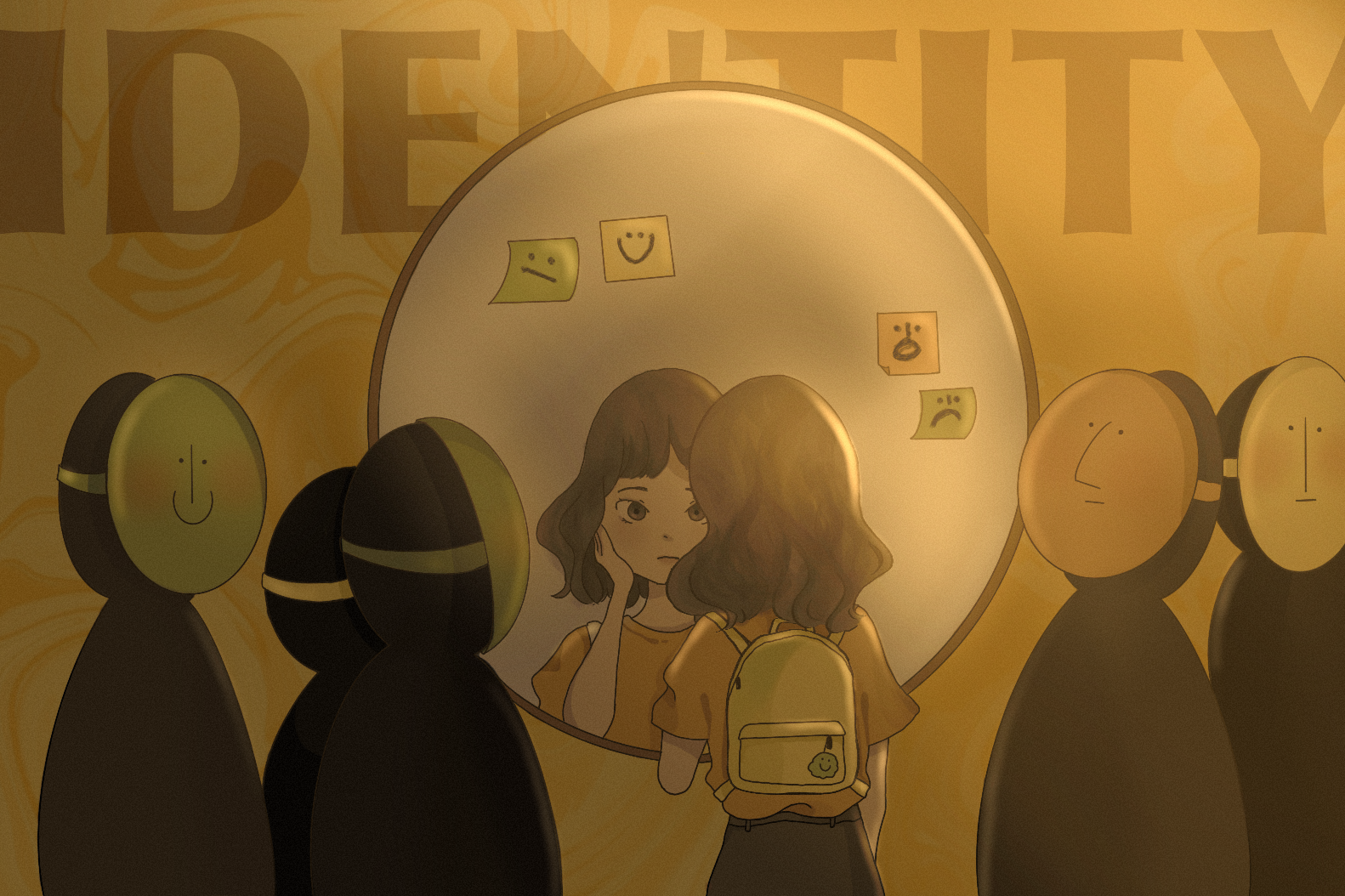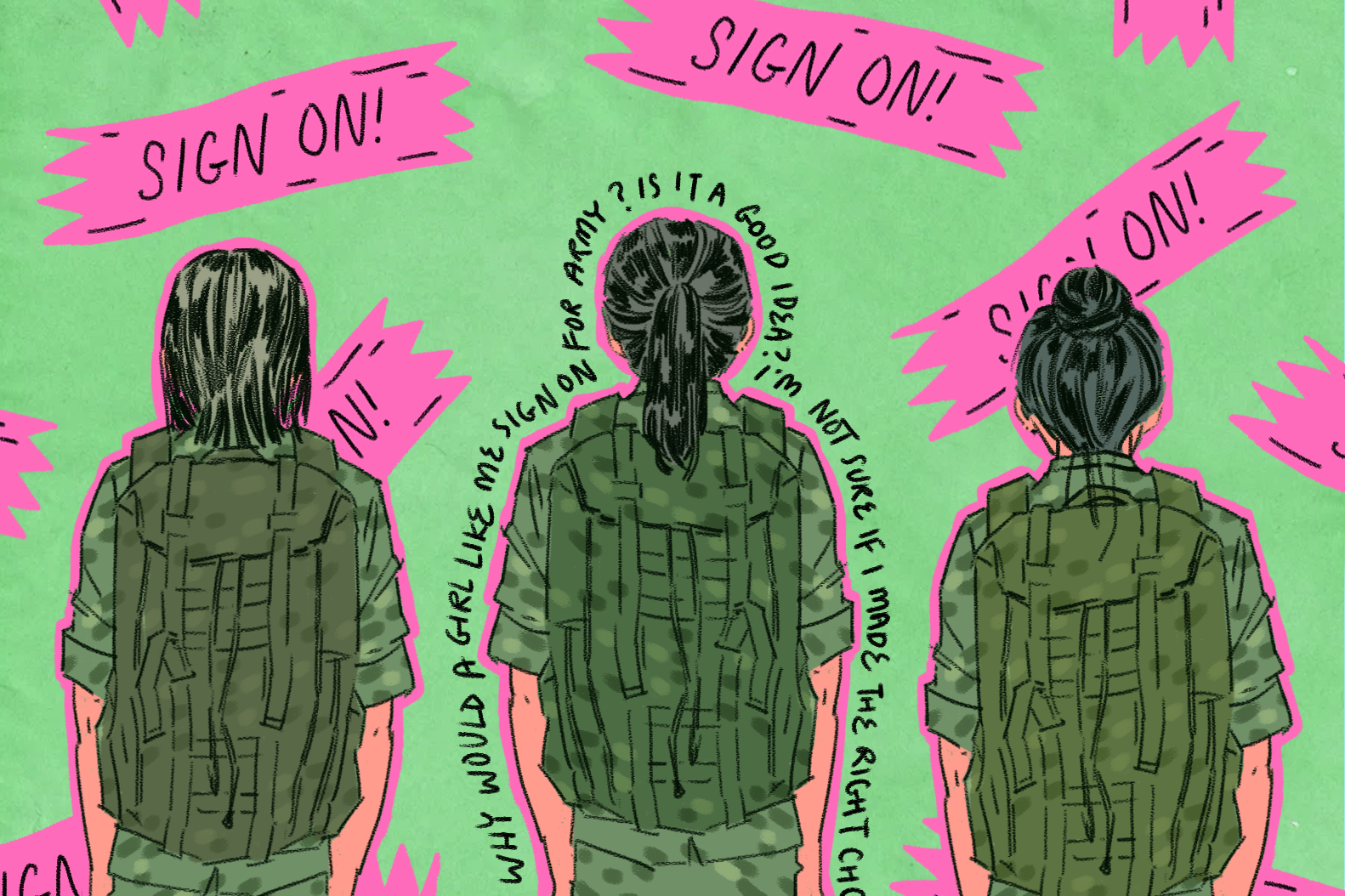Ever dreamed of a stress-free, worry-free life?
That was how many of my friends framed life in a polytechnic: A “slack” culture where you had the freedom to do what you want.
In hindsight, after attaining my diploma a couple of years ago, I realise how far that vision was from the truth.
I was 17 at that time, the age when we were all just finding ourselves, and I was instantly hit with a slew of worries.
What friends do I hang out with, what notes do I print out, what do I wear tomorrow and what about that group project?
As much as there was freedom, there was also an overwhelming burden of responsibility.
I was now given more responsibility for my own life. I could choose my group mates, my electives and even how I spent my copious amounts of break time.

While it was already tough enough trying to find identity in a place that allows a teenager to freely express themselves, I was also a teenage, second-generation Christian.
I had barely even figured out I was a child of God, now I had to figure out what kind of student I am as well.
I started to see my peers find and own their identities, some naturally choosing to be studious people, some choosing to be the overachievers, others choosing to be gamers or social butterflies.
When I was with the top students, I worried about my grades dropping. When I was with the gamers, I obsessed over the next game release.
I was drawn to anyone, opting to be a social chameleon just trying to fit in.
What it means to choose God in school
Choosing faith over the world was something that was taught to me from the moment I could speak, but putting it into practice in poly was harder than I imagined.
There were moments when I knew my grades could be jeopardised if I didn’t choose to be selfish or cheat.
There were times when I had to choose between friends or church.
It was these decisions that made me reconsider my faith: Was it really worth it, giving up my ambitions to be like Christ?
This also led many of my Christian poly friends further from God.
Once they made that first decision to put their friends, grades, or future over God, it became apparent that forsaking God was not so bad after all and that it could be good for them to focus on other things.
Eternal matters were kept on the back burner, put on pause for next time.

This was tempting to me, because I opted to serve in a Christian ministry and not to take any extracurricular activities in poly.
Meanwhile, people around me were volunteering and going to competitions while I had nothing to show for in my portfolio save a couple of Christian events.
I could not help but wonder if I even had a chance at university at this rate.
My community was essential in building me up to live as a child of the light.
Yet, by the grace of God, I had a community of people in the same position as me.
When it was overwhelming to think of how I was lagging behind, I would be encouraged to see a fellow brother or sister in Christ fearlessly living out their faith.
I started to understand why Paul said in 1 Thessalonians 5:11, “Therefore encourage one another and build one another up, just as you are doing.”
My community was essential in building me up to live as a child of the light.
Three years is also a long time, and even if at a point in time, I found myself living out a good Christian life, there were definitely moments where I just gave up and I did what everyone did.
Honestly, constantly choosing to deny ourselves requires boldness and it isn’t easy.
Yet God promises, “Be strong and courageous. Do not be afraid; do not be discouraged, for the Lord your God will be with you wherever you go” (Joshua 1:9).
He gives us this assurance as we head into the unknown and maybe even hostile places in our lives.
Anyway, while I may have found myself missing out on a good portfolio at times, God still provided me opportunities to gain valuable experience in work after that!
Being in poly is never going to be stress-free, the newfound freedom often leads to more worries and troubles.
Being in poly is also a rat race: Socially or academically, you will always see someone doing better at your goals than you are.
It is easy, especially at our age, to make decisions that we feel are good for us.
Harder still, is it to ask the question: “Is that what God wants from me?”
After my three years in poly, I know there were times I chose to be self-serving. Those were times I regret.
There were also times when I chose to put God first, knowing that in Him my reward is better than what I can get here.
They were difficult times, but those were the moments that really shaped me as a Christian.
It was through my intense struggle with identity as a teenager that God really forged an identity for me — to simply be more like Christ.
That is something I will never regret.
P.S. If you are heading into poly and looking to live out a life of bold faith with a community of like-minded individuals, then join the Poly Preparation Program!
- What is your identity?
- What is it based on?
- What does God say about your identity?
- Practically speaking, how might God’s definition challenge or change the way you live your life on a daily basis?









